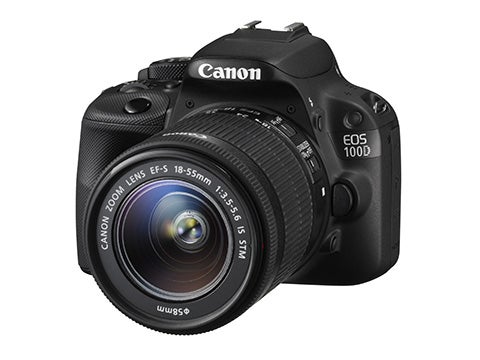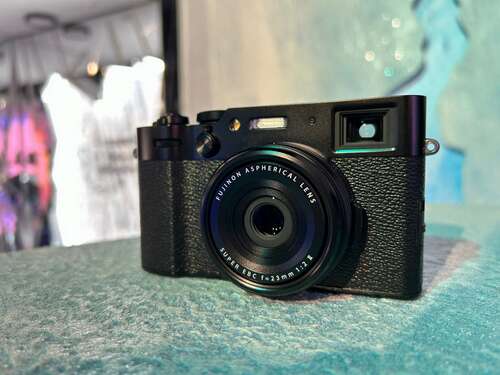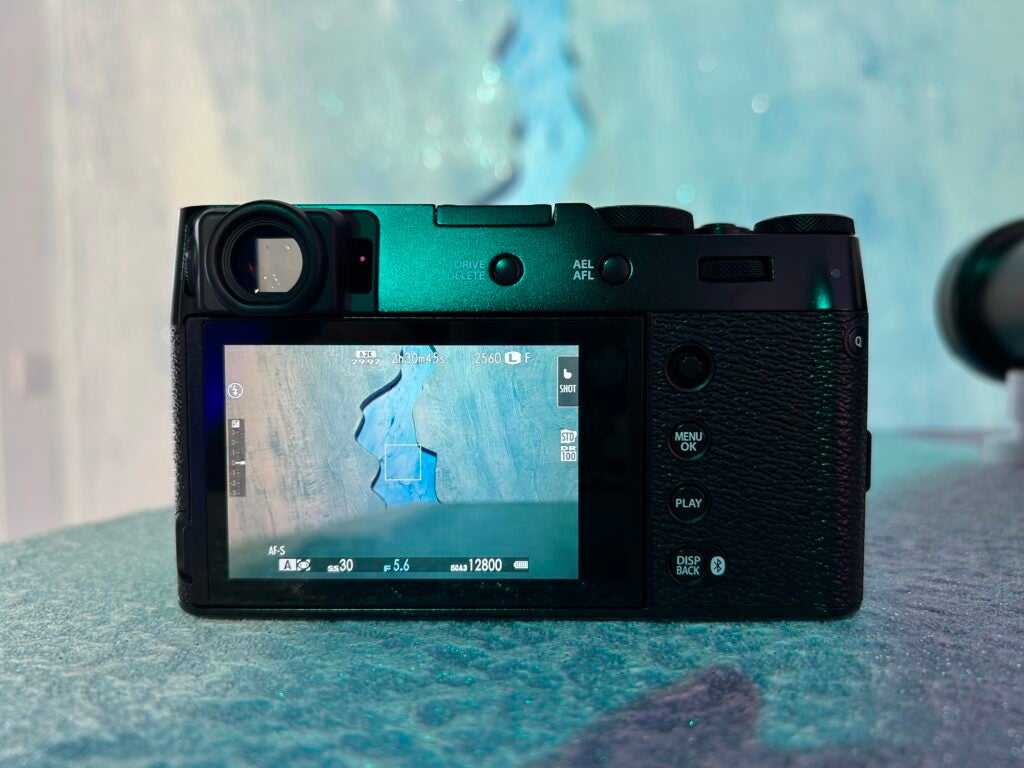OPINION: I’ve been a loyal DSLR user since I picked up my first (non-disposable) camera in 2013. I learnt how to take photos on my Canon 100D and only recently accepted that I’d need to upgrade to a mirrorless camera sometime soon. That is until Fujifilm handed me the X100VI in Japan last week.
The X100VI is Fujifilm’s latest compact camera, replacing the X100V at the top of the brand’s X100 line-up.
In all honesty, I’d mentally written off compact cameras as an option for myself. The idea of a fixed lens hasn’t appealed to me since I discovered the versatility of an interchangeable lens mount and I’m particularly fond of wide-angle lenses, along with a good nifty fifty for portrait photography. Even a telephoto lens has its place in my collection for when I attend conventions.
However, compact cameras possess a quality that many mirrorless cameras and certainly DSLRs with their interchangeable lenses struggle to emulate and the clue is in the name – they’re incredibly compact.
When I picked out my Canon 100D over a decade ago one of the biggest draws for me was the size of the camera. At the time, the 100D was one of the smallest and lightest DSLRs around, making it especially appealing to me, an at-the-time 16-year-old girl and known gym skipper searching for a DSLR I could take out and hold up to my eye without worrying about aching arms and bulky bags.


Of course, camera designs have come a long way since 2013. Mirrorless cameras, in particular, are often praised for their slim, lightweight builds despite the large sensors and growing number of features manufacturers manage to cram into each body with every iteration.
Compact cameras take this a step further by incorporating a fixed lens – in the X100VI’s case, this is a small lens with a 35mm equivalent focal length. While I expected to feel slightly restricted by the fixed lens, the compact effect of it all felt surprisingly liberating, even compared to the slim mirrorless cameras I’ve reviewed over the years. I didn’t think twice about popping the camera into my tiny bag when heading out into the streets of Tokyo and ended up catching moments I would have otherwise relied on my iPhone to capture.
There’s also something to be said about the simplicity of having one lens to choose from. Not only did it take the indecision out of which lens to carry each day, but it also forced me to be more creative with angles and composition to get the best possible shot. If I wanted to get a close-up of some cherry blossoms I had to physically get close to them and if I wanted to capture a row of buildings I needed to cross the road until I was far enough back to fit all of them in frame.


That isn’t to say the X100VI is a simple or undeveloped camera. The compact model carries the same processor and sensor as Fujifilm’s latest X Series mirrorless cameras. Other highlights include 20fps continuous shooting, subject detection AF and IBIS. There’s even support for 6.2K video recording in 4:2:2 10-bit.
There’s a lot to love with the X100VI and the sacrifices for picking a compact camera over a mirrorless model are few and far between. This isn’t to say I’ll be buying an X100VI of my own – to that point, I’m still torn between it and a recent mirrorless model. However, if I’m sure about one thing it’s that I’m ready to retire my trusty old DSLR.

